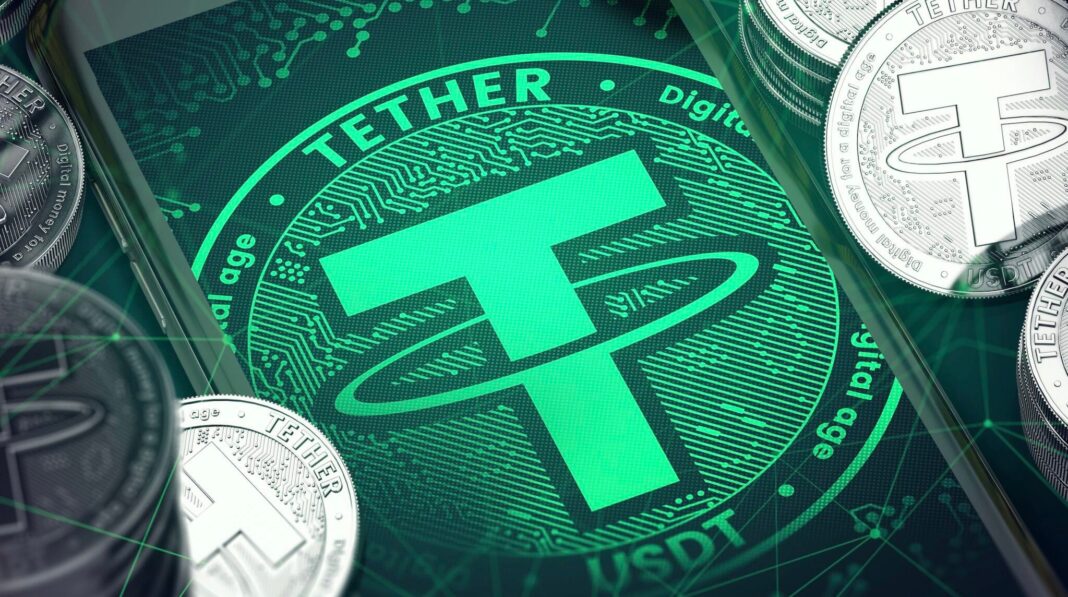Tether recently announced it will stop supporting its USDT stablecoin on three blockchains: Omni, Simple Ledger Protocol (SLP), and Kusama. Tether said there is not enough adoption of USDT on these blockchains.
This shows the ongoing challenges Bitcoin has with being a platform for stablecoins and decentralized apps.
Omni Does Not Gain Traction Despite Early Tether Support
Tether decides which networks to support based on community interest and usage numbers. For Omni, Tether said there are not enough popular tokens and USDT is available on other blockchains.
Omni was the first platform Tether used for USDT in 2014. But over time, crypto exchanges and users preferred Ethereum, Tron and others over Omni for stablecoin transactions.
Tether would think about supporting USDT on Omni again if use of its decentralized exchange and token features increased a lot. But for now, Omni does not have the adoption needed to maintain USDT.
Unclear If Bitcoin Will Support Stablecoins and Decentralized Apps
While Tether stops Omni support, it still plans to offer USDT on RGB. This is a new Bitcoin smart contract system using the base layer and Lightning Network. Tether hopes RGB will “open a new era for digital assets, smart contracts, and digital rights.”
Omni’s struggles show limitations Bitcoin currently has for advanced smart contracts needed for stablecoins and decentralized apps. But developers are working on solutions like RGB and a recent stablecoin launched on Bitcoin’s base layer.
So while Tether ends USDT on Omni, it’s still unclear if Bitcoin will support stablecoins and decentralized apps in the future. But more adoption may be needed for Bitcoin to compete with platforms like Ethereum in this area.
LATEST NEWS
- Binance Coin Rises in Market Cap Rankings After Surpassing XRP
- X2 Token Sees Brief Price Spike Before Sharp Decline, Raising Concerns Over Sustainability
- The Sandbox(SAND) and Chainlink(LINK) See Gains, While Newcomer Pomerdoge Aims for Bigger Returns
- SmarDex (SDEX) Explores Innovations in DeFi With Multi-Chain Expansion
- Large Transactions Seen in Uniswap (UNI) – What Could This Mean?


